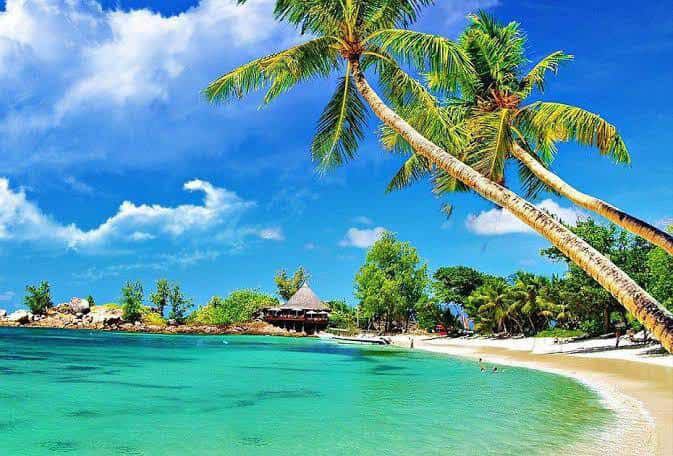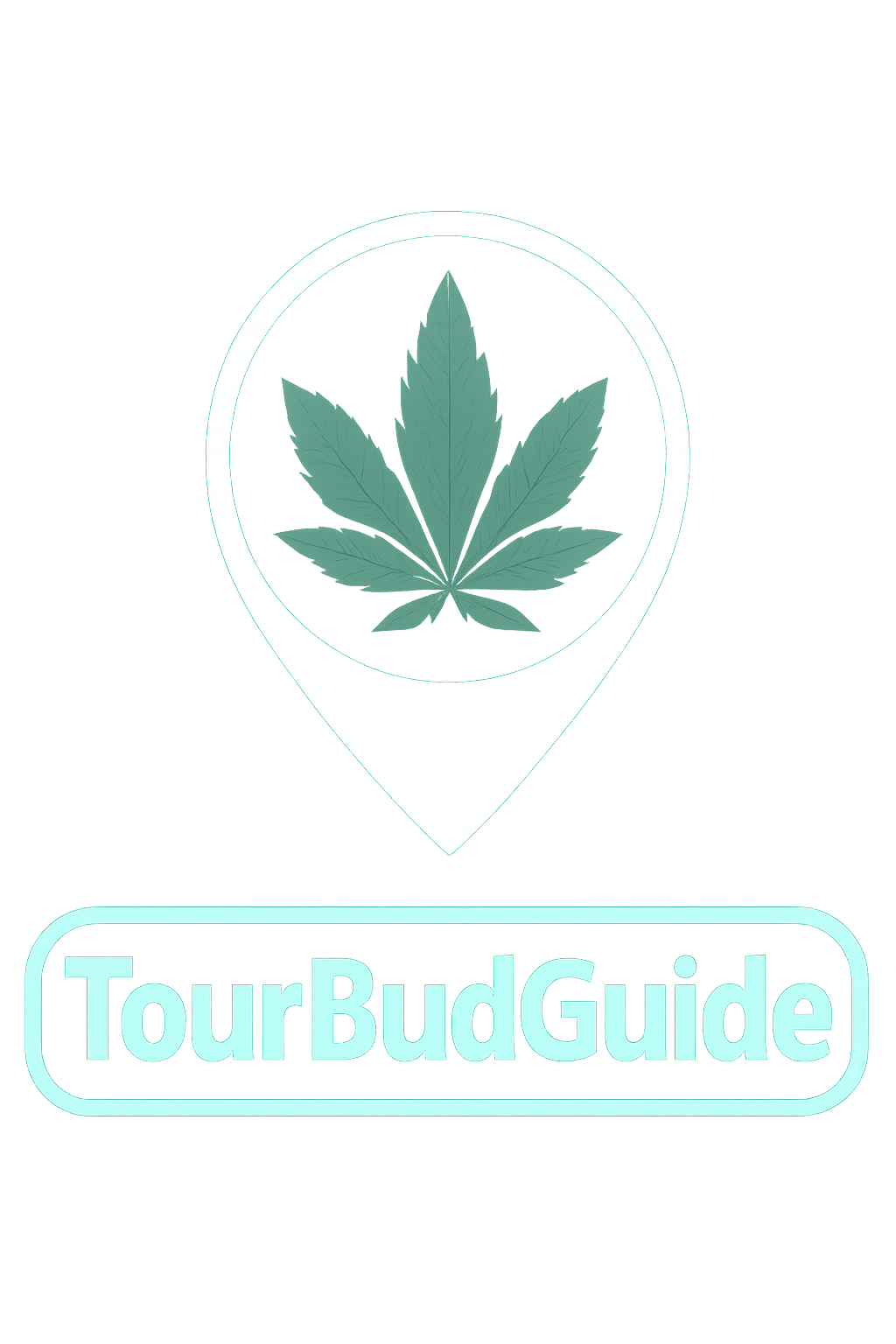Discover Weed in Kota

Discover Weed in Kota: A Human-Readable Guide
Kota, situated along the banks of the Chambal River in Rajasthan, is widely recognized as an educational hub, famous for its coaching centers and vibrant student culture. Beyond academics, the city boasts historical sites, cultural landmarks, and a bustling urban environment. With attractions such as the Chambal Gardens, Jagmandir Palace, and Kota Barrage, the city offers a mix of scenic beauty and urban life.
Amid its educational and cultural vibrancy, cannabis—or “ganja,” as it is locally called—has a subtle presence. For anyone curious about exploring or understanding weed in Kota, it is essential to understand India’s legal framework, cultural perspectives, and safe practices. This article provides a comprehensive, human-readable guide to discovering cannabis in Kota, focusing on legality, culture, access, lifestyle integration, and safety.
1. Cannabis Laws in Kota and India
Cannabis in India is regulated under the Narcotic Drugs and Psychotropic Substances (NDPS) Act of 1985, which governs the production, sale, possession, and consumption:
- Ganja (flowering tops): Recreational use is illegal throughout India, including Kota. Possession, sale, or use can result in imprisonment and fines however Bhang (leaves and seeds): Legal in some states for ceremonial or religious purposes. In Rajasthan, bhang consumption is permitted in limited amounts for religious festivals and private occasions.
- Hemp and CBD products: Industrial hemp and licensed CBD-based wellness products are legal if THC content is within prescribed limits and sold through authorized vendors.
In Kota, recreational ganja is strictly illegal. Legal access is primarily through CBD and hemp-based wellness products, while ceremonial bhang is allowed only in regulated religious or cultural contexts.
2. Cultural Attitudes Toward Cannabis in Kota
Kota’s unique culture, influenced by students, educators, and traditional Rajasthani heritage, shapes attitudes toward cannabis:
- Religious and traditional context: Cannabis, particularly bhang, has historical significance in Hindu festivals and rituals. Its consumption is socially acceptable only in private or ceremonial settings however Student population: With a large number of students, there may be curiosity about cannabis. However, legal restrictions and social norms discourage public recreational use however Conservative society: Traditional families and older generations tend to frown upon recreational cannabis use moreso Wellness-oriented circles: Creative professionals, researchers, and wellness enthusiasts may explore legal CBD or hemp products for relaxation, stress relief, or health purposes.
Respecting legal limits and cultural norms is crucial when exploring cannabis in Kota.
3. Cannabis Culture in Kota
Cannabis culture in Kota is mostly private and regulated:
Private and Social Use
Legal CBD oils, tinctures, and hemp-based products are gradually being integrated into wellness routines and consumed discreetly among trusted friends or family members.
Religious and Ceremonial Use
Bhang has ceremonial importance in Hindu rituals and may be consumed during festivals like Holi or Maha Shivaratri. Public use outside of these contexts is rare and discouraged.
Academic and Research Contexts
Some research institutions study cannabis for therapeutic applications. Legal access is only possible through authorized channels and under strict government regulations.
4. Accessing Cannabis in Kota
Accessing cannabis in Kota requires compliance with Indian law:
- Licensed CBD and hemp products: Available at wellness stores and authorized online platforms. Ensure THC content complies with regulations however Bhang for ceremonial purposes: Rarely available and generally restricted to private religious or cultural celebrations.
- Research and medicinal access: Legal access is available for registered institutions under government authorization.
Street-level ganja is illegal, and attempting to procure it from unlicensed sources carries serious legal consequences.
5. Types and Quality of Cannabis in Kota
Cannabis-related products in Kota are limited due to strict legal restrictions:
- Bhang: Made from cannabis leaves and stems, primarily used in ceremonial or religious contexts however CBD oils and tinctures: Legal for wellness, relaxation, and therapeutic purposes; sold through licensed vendors however Hemp-based products: Used in dietary supplements, wellness routines, and industrial applications.
Recreational ganja is illegal, and unlicensed products may be inconsistent in quality or unsafe.
6. Alternatives to Cannabis in Kota
For legal relaxation, recreation, or creativity, Kota offers numerous alternatives:
- Yoga and meditation: Wellness centers and riverside spots provide structured practices for mental and physical well-being however Ayurvedic and herbal wellness: Herbal therapies, massages, and wellness routines offer natural stress relief however Cultural experiences: Explore historical sites, temples, palaces, and local festivals for enrichment.
- Nature and outdoor activities: Chambal Gardens, Kota Barrage, and nearby hills offer scenic recreation and adventure opportunities.
These alternatives provide safe and culturally accepted ways to unwind, socialize, and stimulate creativity.
7. Safety and Legal Tips
- Avoid recreational ganja: Possession or use is illegal and carries severe penalties.
- Consume CBD and hemp legally: Ensure products are licensed and THC-compliant.
- Private and discreet use: Avoid public consumption to minimize legal and social risks.
- Stay informed: Understand NDPS Act provisions and Rajasthan state laws.
- Respect cultural norms: Kota values tradition alongside student-driven modernity; discretion is essential.
8. Cannabis and Lifestyle in Kota
Cannabis subtly integrates into lifestyle through wellness, spiritual, and cultural avenues:
- Wellness routines: Legal CBD oils, tinctures, and hemp products help with stress relief, relaxation, and sleep however Private social gatherings: Legal cannabis products may be consumed discreetly among trusted friends or family.
- Academic research: Universities and medical institutions conduct controlled studies on cannabis’ therapeutic applications.
Recreational ganja remains rare due to strict enforcement and societal conservatism.
9. Cannabis Activism and Research
Interest in legal cannabis products and therapeutic applications is gradually growing in Kota:
- Research institutions: Universities study cannabis for medicinal purposes under controlled conditions.
- Wellness advocacy: Licensed CBD and hemp products are promoted for safe and responsible use.
- Educational initiatives: Workshops and online platforms provide guidance on legal cannabis use, wellness benefits, and NDPS compliance.
These efforts foster a cautious, informed, and responsible cannabis culture in Kota.
10. The Future of Cannabis in Kota
The future of cannabis in Kota is shaped by law, culture, and wellness trends:
- Expansion of CBD and hemp markets: Legal wellness products may gain wider acceptance.
- Research growth: Universities and medical institutions may expand studies on therapeutic cannabis applications.
- Cultural conservatism: Recreational ganja is unlikely to become mainstream due to strict enforcement and societal norms.
- Responsible wellness adoption: Legal CBD and hemp products may integrate into wellness routines for stress management and relaxation.
11. Conclusion
Kota is a city where educational progress, historical heritage, and urban life coexist. Cannabis use is primarily limited to legal CBD products, hemp-based wellness items, and ceremonial bhang in regulated contexts. Recreational ganja remains illegal, and possession or public consumption carries serious legal risks.
Residents and visitors can responsibly discover cannabis in Kota by focusing on legal avenues, respecting cultural norms, and practicing discretion. Beyond cannabis, Kota offers numerous safe alternatives for relaxation, wellness, and recreation, including yoga, meditation, cultural exploration, historical tours, and scenic outdoor experiences.
Kota exemplifies a culturally rich, cautious, yet dynamic environment where responsible engagement with cannabis-related products can coexist with wellness routines, academic research, and ceremonial traditions. Legal compliance, cultural awareness, and personal discretion are essential for anyone exploring cannabis in this Rajasthani hub.

If you want, I can create a “Discover Weed in Major Rajasthani Cities” series, covering Kota, Jaipur, Jodhpur, Udaipur, and Ajmer for a complete regional guide.
Do you want me to make that series?

Just love this dude Tourbud. Keep up with the good work. Excellent customer service. He goes above and beyond to make sure the order is right, help and support if anything goes wrong.
It was hard to find a reliable plug but finally tourbud showed up and gained my trust. Definitely he is the way out and hands down the best.@ https://t.me/tourbud
I have tried a lot of weed strains, and the quality from TOURBUD is unbeatable. The process was seamless, and the strains arrived fresh and potent and I paid using bitcoin before delivery. guys text him on telegram for fast reply @ https://t.me/tourbud
As someone who”s always looking for natural wellness options, TOURBUD has been amazing. his weed strains helped me unwind after workouts ,and his service was top-notch, I was a bit hesitant at first, but TOURBUD made the entire purchase process easy and secure. email him tourbudguide@gmail.com
The variety of cannabis strains at tourbud is impressive I was able to find exactly what i was looking for and his customer service was very helpful, I can’t wait to try more products.
I contacted him on his telegram and due to security reasons he requested crypto payments which i did.
about 30minutes later my dope was dropped at my requested location
great guy!!!
i highly recommend email tourbudguide@gmail.com
Not sure why you are still waiting for dealers to respond you and wait for the delivery… It’s 21st century dudes . these guys usually have several strains always available in center so just couple of clicks and you get GPS coordinates and a photo where to grab your stuff immediately after crypto payment or gift card payment. If something goes wrong they have support you may chat with after payment confirmation, but usually no problems detected
Everytime I order, I get excited not only for his TOP NOTCH PRODUCTS, but his amazing customer service.
From the time I start my text, to when my weed arrives, tourbud makes every encounter fast, friendly and SO AFFORDABLE. He works with you to get what you need.
Thank you Tourbud for been so good to me everytime.